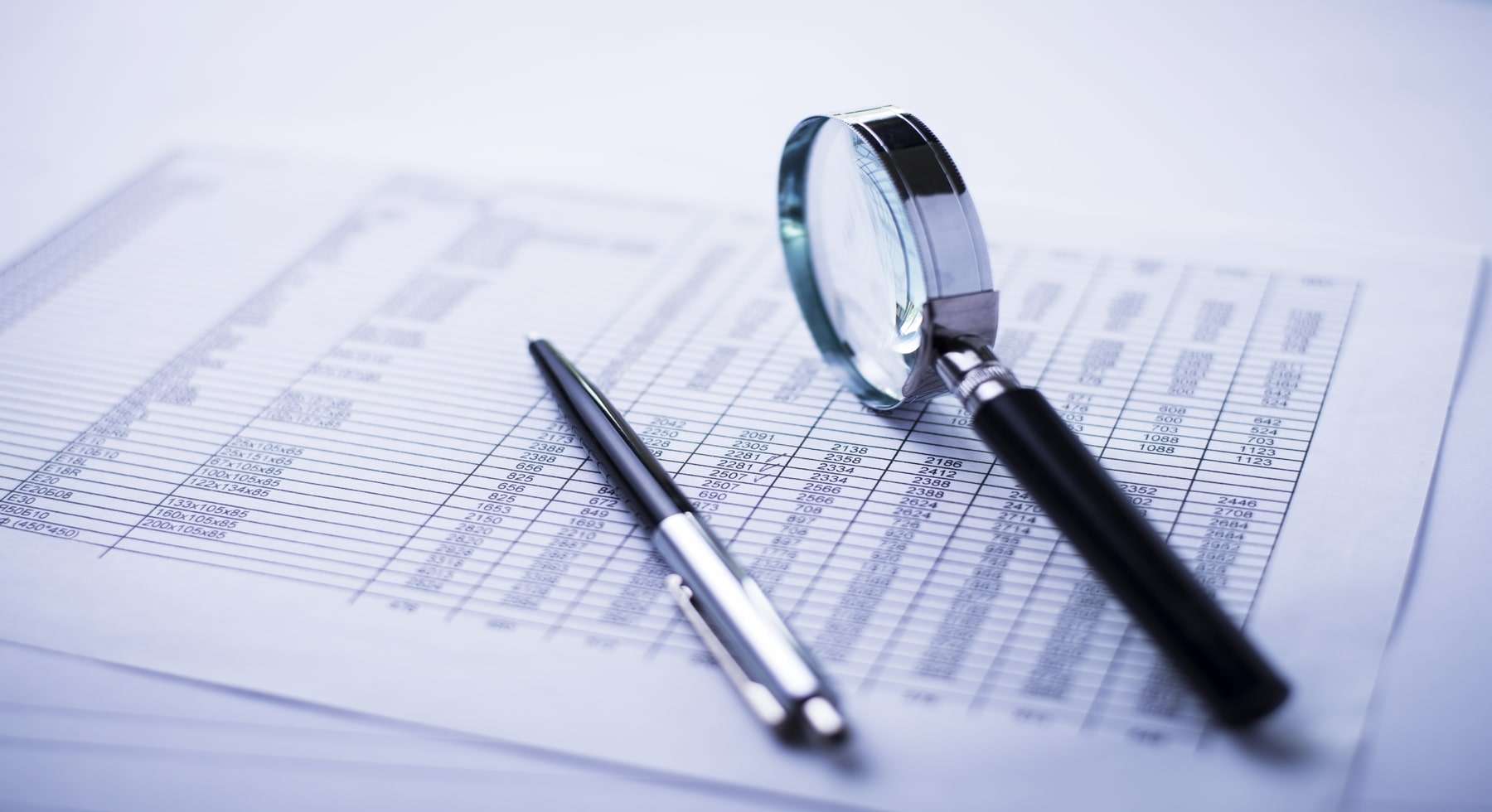How to dispute collections on a credit report?
According to a report by the Federal Trade Commission, around 25% of U.S. consumers found errors in their credit reports that could affect their credit scores. If you have spotted an error or any inaccurate information in your credit report, you need to take immediate steps to correct the issue. Your credit report defines your creditworthiness and shows your lenders whether you can be entrusted with a loan or not. Any amount of past collections that remain on your report, stains your creditworthiness and marks you down. So, it’s important to have a report which is clear of inaccurate information or marks placed in error. Let’s understand what these terms imply and the importance they hold for they would lead us to answer the question: How to dispute collections on a credit report?
Contents
What is a Credit report?
A credit report is an individual’s detailed summary or breakdown of financial information which is inclusive of one’s employment histories, bankruptcies, loans, debt payments. It thus plays a crucial role in defining your creditworthiness and adds up your credit score for future references. It helps lenders understand your management skills about credit when and if you apply for a loan. To make a clean slate for your creditworthiness, it is imperative to have a good credit score determined by your credit report.
Disputing collections
Errors on credit reports can be a common occurrence. If you see any information that is inaccurate on your credit report, you can start a ‘dispute’. If you doubt whether or not you owe a debt mentioned on your credit report, or if the amount reflecting is not accurate, you can send a debt dispute letter to the collection agency to remove the collections from your credit report.
A debt dispute letter demands that the collection agency prove that you do indeed owe the debt and has to gather and provide detailed information and documentation to prove the amount owed is correct
Your personal information is crucial to the debt dispute letter; documents verifying the amount of debt owed; the name of the creditor for the debt; A request to not report the debt is next to resolve the issue or to remove the collections from the credit report if it has already been mentioned in the same. You must verify all details such as your account number, account status, debt’s age, and payment history should also be determined to recognize when it went delinquent. Here is how you can dispute collections on the credit report.
Dispute the claim
Disputing the claim is the first step to take. After gathering information, determine whether the collections have stayed beyond a period of seven years or more. This would help you support your case and get the collections removed consequently. It can work if there was a mistake and you don’t owe the debt, or if the collection agency fails to verify the debt within the given time frame. Debt is sometimes mentioned beyond a period of seven years. In this case, you can gather proof of when the delinquency started and get it removed.
Paying for a removal
After paying the collection agency, the debt remains on your report for seven years. Negotiations with the collection agency can help you get the same removed. You would have to pay a fee to them and they would stop reporting your collection. You must however ensure to get the agreement in writing.
Goodwill Deletion
A debt that was acquired owing to unfortunate circumstances such as an accident or natural disasters, you can write to the debt collector for removal of the same from your credit report out of goodwill. Goodwill deletion is however more likely if the debt hasn’t gone to a collection agency.
There could also be errors on part of the lenders or debt collection agencies, you can verify the same and file your dispute accordingly. You can write letters to the debt collectors to delete the mentioned credit history. An error on your credit reports could lead to lower credit scores and impact your ability to open a new credit account or get a loan. Thus, these are the steps you can take to dispute collections on a credit report.




